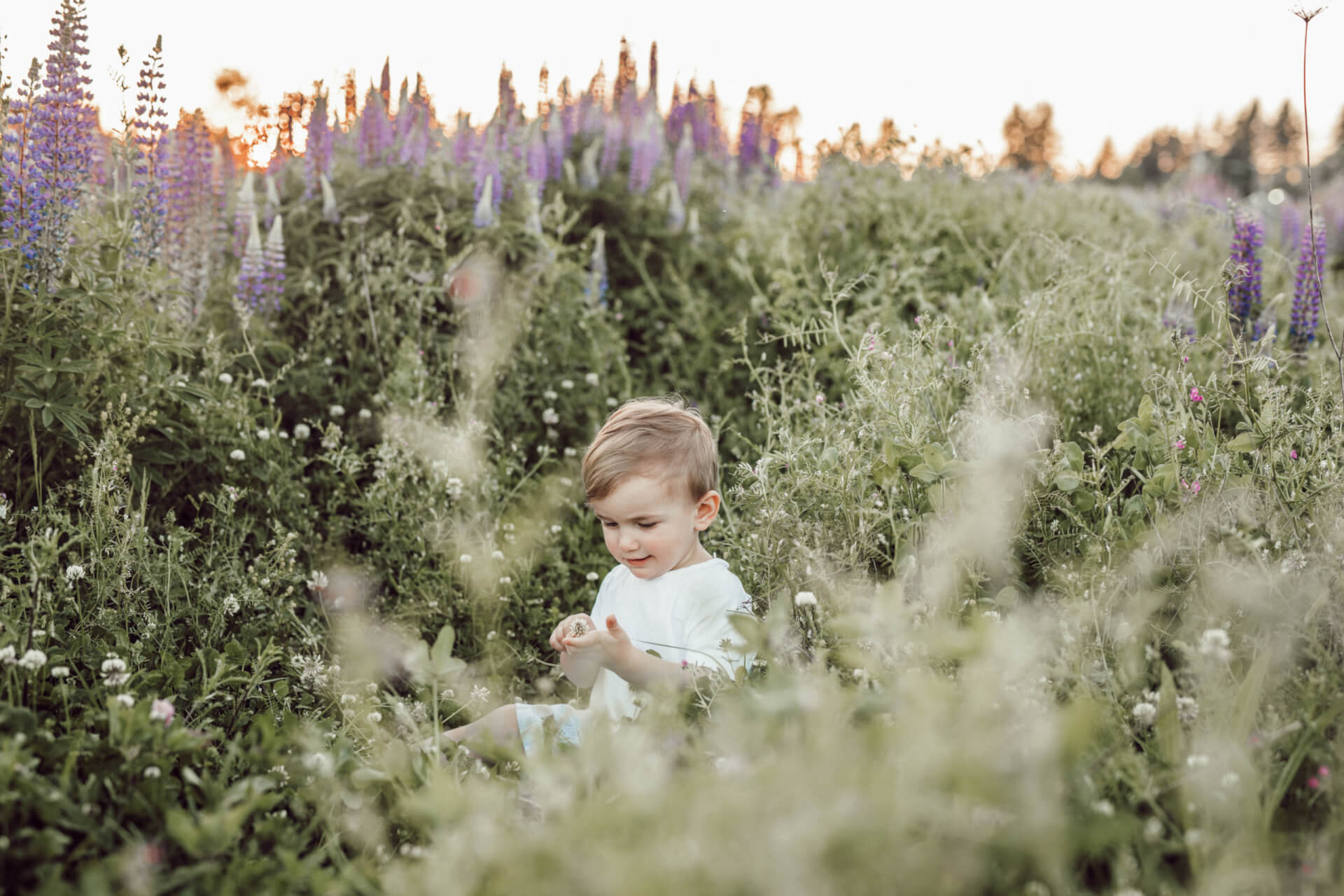
As many Australian families depart the big smoke for greener pastures, here’s how one city mouse (and mother of two) is adjusting to a slower pace.
Bowral is by no means a ‘small’ town. It is in fact the largest town in the Southern Highlands of NSW, an hour or so out of Sydney, and home to almost 14,000 people. It has cafés, restaurants, four major grocery store chains and a cinema. But for someone who dreamed of growing old in London, Paris, New York or, at the very least, a major Australian city, Bowral represents a parallel universe. A foreign land of rolling hills, birdsong and stand-alone dwellings. One that, in recent months, has come to feel like home.
Like many people, the onset of COVID-19 saw my immediate family – whose smaller members are two and four years old – reassessing what’s important. I used to think rising within throwing distance of a barista was crucial. Even if it meant residing in a cramped two-bedder, directly beneath one of the world’s most heavily trafficked flight paths.
Hustle and bustle were baked into our city existence, but when coronavirus put a pause on life as we knew it, there was peace. We took a breath. We weighed up the pros (cheaper rent, more space, closer to nature) and cons (isolation, less options, no Uber Eats) and made like an increasing number of millennials and moved to a regional setting.
This shift was feasible because my partner and I work remotely. Through the wonders of Zoom and Slack, our careers remain in Sydney. I considered not telling my editors and clients I’d left, for fear of being overlooked or perceived as out of touch with the cosmopolitan scene. Could I be trusted to mull on modern life outside of a metropolis?
Struggling to break with my city identity, I was reminded of Sex and the City’s Miranda, the career-driven character who reluctantly moved to Brooklyn (still very much city according to geography and everyone outside of Manhattan) for the benefit of her partner and young son. “I can’t move to Brooklyn,” she protested. “Even cabs won’t go there!”
Like Miranda, this was the first time I made a big, life-changing decision from a collective standpoint. As the moving truck reversed into our driveway (pause for effect: our own driveway) I knew this was the right thing for my family. For myself, I wasn’t sure. But so far, so good.
Australian Institute of Health and Welfare research suggests that country living garners higher levels of life satisfaction – something that from my short personal experience, I can confirm. This ‘tree change’ has made me notably calmer – and according to Dr Xiaoqi Feng, an associate professor at the University of Wollongong, the tree part of that concept could well be to thank.
“The vibrant colours, natural shapes and textures, the fresh aromas and rustling of leaves in the breeze all provide distraction and relief from whatever it was you might have been thinking about, or even stressing over,” said Feng, reflecting on a study that found adults in leafy neighbourhoods had a lower risk of developing psychological distress. “Walks through green space have been shown to reduce blood pressure, improve mental acuity, boost memory recall and reduce feelings of anxiety.”
Children, too, are shown to flourish in greener settings. As Carmen Stephanie De Keijzer of ISGlobal, Barcelona Institute for Global Health, noted in her article, Green Spaces: A Resource For Mental Health: “Natural elements can stimulate the urge to explore the surroundings, not only discovering other forms of life (insects, plants, trees, etc) but also their own abilities to run, climb, and use their imagination. As such, contact with nature could be extremely beneficial for child development and mental health.”
While nature does its good thing, the practicalities of our new arrangement also take the edge off. We can now rent a relatively spacious, three-bedroom house. We save money that was formerly spent on public transport, takeaway dinners and coffees. We sleep and wake irrespective of Sydney’s airport curfew.
The only disruption to our new life was the disappearance of my mobile phone reception (as one friendly local bookstore attendant laughed when I shared this predicament, “Welcome to the land of Telstra!”). Otherwise the transition has been as effortless as the smiles on our neighbours’ faces.
But even amid the green and serene, a city mouse’s wheel can keep spinning. When presented with more space – both in the physical and mental sense – it can be tempting to fill it. Don’t, my therapist warns, via video consultation. Much like my former phone provider, an overcrowded mind is not compatible with this new setting. Certainly not if I want to reap its benefits.
I’ll work on slowing my interior city pace while we settle into a cul-de-sac and daily rotation of sweat pants. As wisely observed by American poet May Sarton, who saw out her days in a small coastal town, “Everything that slows us down and forces patience, everything that sets us back into the slow circles of nature, is a help”.
Words: Melanie Dimmitt























